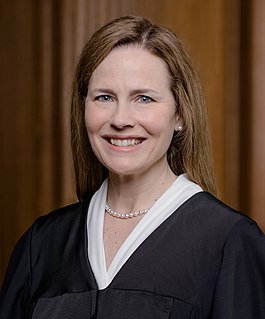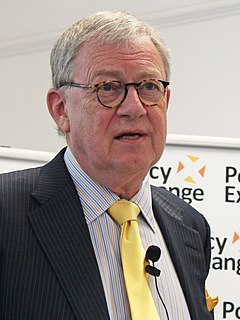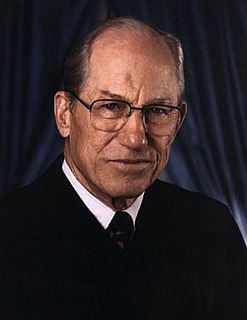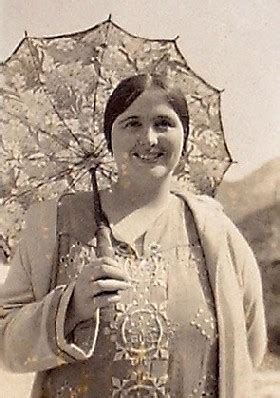A Quote by Amy Coney Barrett
Were I confirmed as a judge, I would decide cases according to the rule of law beginning to end.
Related Quotes
Obama's attitude toward the rule of law is apparent in the words he used to describe what he is looking for in a nominee to replace Justice David Souter. He wants 'someone who understands justice is not just about some abstract legal theory,' he said, but someone who has 'empathy.' In other words, judges should decide cases so that the right people win, not according to the rule of law.
I have no doubt that if confirmed, Judge Gorsuch would help to restore confidence in the rule of law. His years on the bench reveal a commitment to judicial independence - a record that should give the American people confidence that he will not compromise principle to favor the president who appointed him.
But you are not under a system similar to that by which the Jews were obliged to pay tithes to the priests. If there were any such rule laid down in the Gospel, it would destroy the beauty of spontaneous giving and take away all the bloom from the fruit of your liberality! There is no law to tell me what I should give my father on his birthday. There is no rule laid down in any law book to decide what present a husband should give to his wife, nor what token of affection we should bestow upon others whom we love. No, the gift must be a free one, or it has lost all its sweetness.
Since natural law was thought to be accessible to the ordinary man, the theory invited each juror to inquire for himself whether a particular rule of law was consonant with principles of higher law. This view is reflected in John Adams' statement that it would be an 'absurdity' for jurors to be required to accept the judge's view of the law, 'against their own opinion, judgment, and conscience.'
While I sat in family court, I probably heard 20 or 25,000 cases. And I am sure, during the course of those cases, there were cases that I probably would've decided differently had I had either more time or been able to explore more. But all you can do as a judge is really give a case your best effort.
There has been no clearer principle of English or American constitutional law than that, in criminal cases, it is not only the power and duty of juries to judge what are the facts, what is the law, and what is the moral intent of the accused; but that it is also their power, and their primary and paramount duty, to judge the justice of the law, and to hold all laws invalid, that are, in their opinion, unjust or oppressive, and find all persons guiltless in violating, or resisting the execution of, such laws.
People of faith should not invoke the power of the state to decide what everyone can believe or think or read or do. In such cases, like abortion or prayer or prohibition or sexual identity, the proper role of religion is to appeal to the free conscience of each person, not the coercive rule of secular law.
It would be one thing if we could say the system works [in Illinois], and that individuals followed procedures and were found innocent, but in fact in all the cases it was really a fluke ... We find persistent wrongdoing on the part of law enforcement. It's really sheer luck that those convicted of these [capital] crimes were exonerated in the end.
































